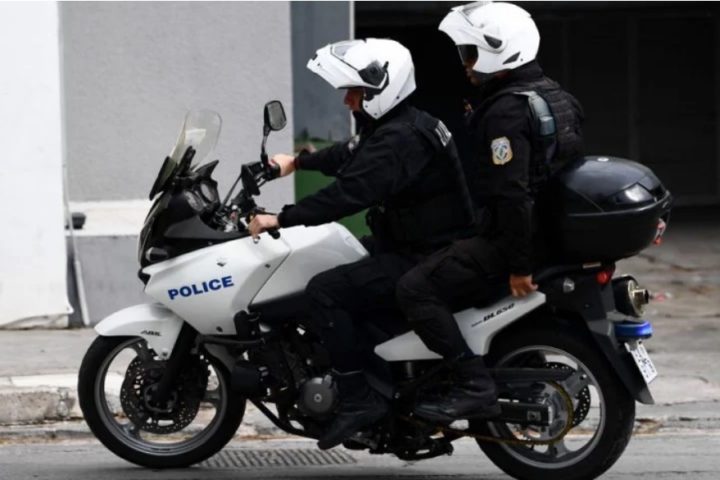Easter is a time when we are supposed to show compassion and empathy for those who are suffering or less fortunate to face the hardships that life and circumstance throw at us.
Searching for kindness in the Cyprus justice system is an exercise in masochism and self-harm.
Justice is intended to be blind, non-prejudicial, and a seeker of the truth, but there are many examples of it producing the exact opposite.
Cyprus justice is notoriously slow, lethargic and inflexible to change or reform.
It is a place where mostly the unfortunate, the wronged and the poor are battered by legalese, indifference and bias.
Those in power, the wealthy, corrupted politicians, the scammers and fraudsters are the ones with the connections that dodge the inside of a courtroom.
Many people who ruin lives usually never receive the justice they deserve or those on the other end of their nastiness.
We live in a world of predators stalking victims for financial or sexual gain.
A courtroom is a dragnet that sweeps the ocean floor when society, the government or the law has failed.
Should the legal system exist to restore our faith in humanity or severely punish the guilty, and how do we rectify miscarriages of justice.
Is locking people up the only answer – apart from the criminally insane – or are there alternatives worth trying.
We all would like to believe that justice is there to fight our corner when we call upon it to rectify a wrong.
Many would argue that the system is already rigged before we even consider hiring a lawyer – the dice are loaded, and the game is over.
Cypriot justice seems to hug the headlines for all the wrong reasons, like the trial of a UK teenager allegedly raped on holiday but branded a liar by a judge.
It was seen fit by the legal service to unnecessarily dragging a traumatised rape victim through the courts, only for her conviction to be overturned on appeal.
Only the woman’s tenacity and determination to clear her name ensured an unsafe verdict was quashed.
Thankfully, the Supreme Court understood the woman was badly treated by police, who pressured her into changing her statement when returning to give supplementary information.
Another case before Cypriot justice is a story where a measure of common sense should be used to avoid a similar unfair outcome.
A 74-year-old British pensioner David Hunter is on trial for the pre-mediated murder of his terminally ill wife in December 2021.
Mercy killing
He had pleaded not guilty before Paphos criminal court after his lawyers argued it was a ‘mercy killing’ as his wife Janice had begged him to end her suffering.
UK organisation Justice Abroad – who represented the UK woman — is working with Cypriot lawyers on Hunter’s case and faces life imprisonment if convicted.
Justice Abroad and Cypriot lawyers requested the Attorney General change the charge from murder to assisting suicide which carries a 10-year maximum sentence rather than the mandatory life sentence for murder.
The Attorney General could have acted in the ‘public interest’ by intervening in the case to ensure a devoted husband was not tried for murdering his wife suffering from blood cancer.
What would we do in the same position if we saw a loved one – unbearably suffering – with no quality of life, agonising in extreme pain.
David Hunter told police that Janice begged him to end her life after a terminal blood cancer diagnosis.
She was found dead at the home they shared in the village of Tremithousa on 18 December 2021, and the husband has been in prison ever since, awaiting trial.
It is believed to be the first euthanasia case in Cyprus.
It comes among moves in parliament to legalise euthanasia against fierce opposition from the Church.
Maybe this is an opportune time to widen that debate and have an open public discussion.
Yes, life is precious, but when does it stop becoming meaningful and under what circumstances should someone choose their own ending.
The former miner retired to Cyprus with his wife for 56 years, but he could no longer see her suffer.
Is this a person the justice sentence should be delivering a life sentence for premeditated murder?
How can we feel confident that justice has been served and the punishment fits the crime?
Happy Easter










